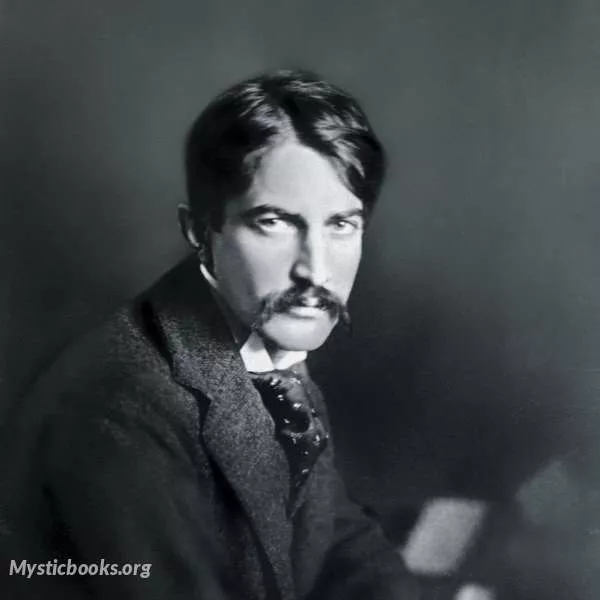
Timeline
Title
Country/Nationality
Stephen Crane
Stephen Crane's fiction is typically categorized as representative of Naturalism, American realism, Impressionism or a mixture of the three. Critic Sergio Perosa, for example, wrote in his essay, "Stephen Crane fra naturalismo e impressionismo," that the work presents a "symbiosis" of Naturalistic ideals and Impressionistic methods. When asked whether or not he would write an autobiography in 1896, Crane responded that he "dare not say that I am honest. I merely say that I am as nearly honest as a weak mental machinery will allow." Similarities between the stylistic techniques in Crane's writing and Impressionist painting—including the use of color and chiaroscuro—are often cited to support the theory that Crane was not only an Impressionist but also influenced by the movement. H. G. Wells remarked upon "the great influence of the studio" on Crane's work, quoting a passage from The Red Badge of Courage as an example: "At nightfall the column broke into regimental pieces, and the fragments went into the fields to camp. Tents sprang up like strange plants. Camp fires, like red, peculiar blossoms, dotted the night.... From this little distance the many fires, with the black forms of men passing to and fro before the crimson rays, made weird and satanic effects." Although no direct evidence exists that Crane formulated a precise theory of his craft, he vehemently rejected sentimentality, asserting that "a story should be logical in its action and faithful to character. Truth to life itself was the only test, the greatest artists were the simplest, and simple because they were true."
Stephen Crane (November 1, 1871 – June 5, 1900) was an American poet, novelist, and short story writer. Prolific throughout his short life, he wrote notable works in the Realist tradition as well as early examples of American Naturalism and Impressionism. He is recognized by modern critics as one of the most innovative writers of his generation.
He died on June 5, 1900, at the age of 28. In his will he left everything to Taylor, who took his body to New Jersey for burial. Crane was interred in Evergreen Cemetery in Hillside, New Jersey.
Books by Stephen Crane
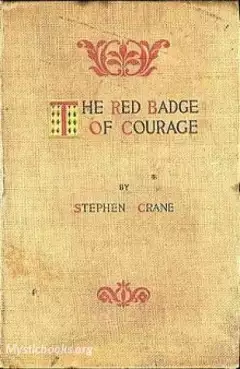
The Red Badge of Courage
There comes a time in the course of battle when a participant casts his fate to the gods of war, and carries on without question, the task at hand. Living, dying, right or wrong, can be contemplated later. The spirit of the bayonet takes over and car...
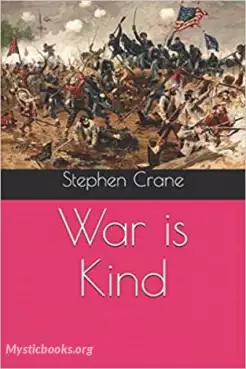
War Is Kind
This weekly poem commemorated the anniversary of the atomic bombings of Hiroshima and Nagasaki, with “War is Kind” by Stephen Crane. The title takes on a gentle yet harrowing irony as this poem powerfully evokes the human costs of war, both the victi...
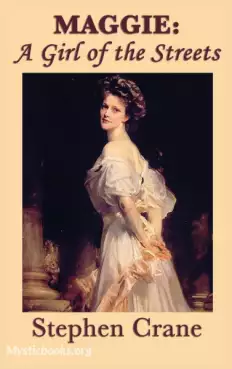
Maggie: A Girl of the Streets
Maggie: A Girl of the Streets is novella by American author Stephen Crane . The story centers on Maggie, a young girl from the Bowery who is driven to unfortunate circumstances by poverty and solitude. The work was considered risqué by publishers bec...
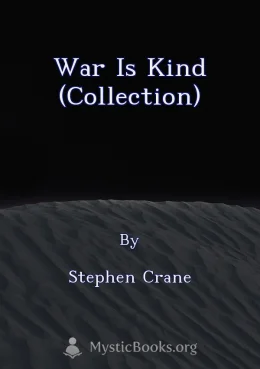
War Is Kind (Collection)
Published in 1899, just a year before his death, War Is Kind by Stephen Crane evokes again the dark imagery of war which made his fortune in The Red Badge Of Courage. Unlike that book, this collection leaves the battlefield itself behind to explore t...
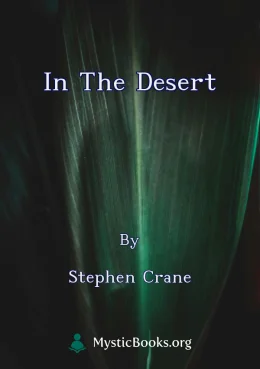
In the Desert
In the Desert is a collection of poems by Stephen Crane that explore the themes of nature, isolation, and the human condition. Through his vivid imagery and evocative language, Crane captures the harsh beauty of the desert landscape and the complex e...
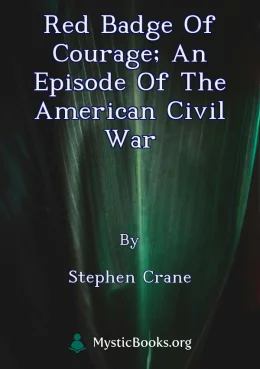
Red Badge of Courage; An Episode of the American Civil War
The Red Badge of Courage is a classic American war novel by Stephen Crane. First published in 1895, it tells the story of a young soldier named Henry Fleming who experiences the horrors of the American Civil War. The novel is notable for its realism...
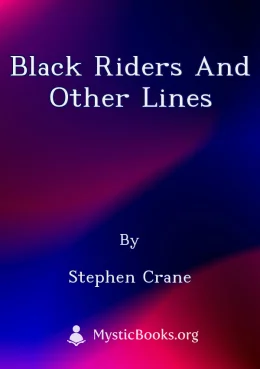
Black Riders and Other Lines
Stephen Crane's *Black Riders and Other Lines* is a collection of poems that showcases his distinct style and thematic concerns. The poems are often characterized by their stark imagery, fragmented language, and exploration of themes like war, death,...
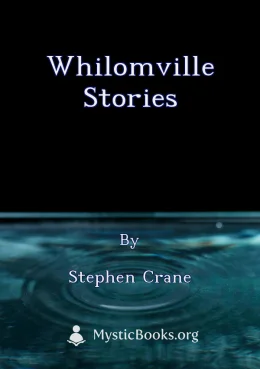
Whilomville Stories
Whilomville Stories is a collection of thirteen stories by Stephen Crane, originally published in Harper's New Monthly Magazine between 1899 and 1900. The stories are set in the fictional town of Whilomville, a microcosm of small-town life in the lat...
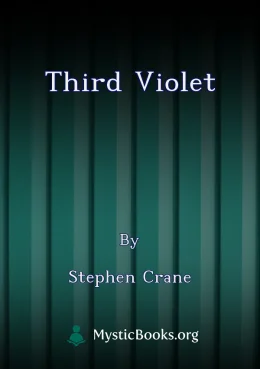
Third Violet
In 'Third Violet', Stephen Crane departs from his previous works with a lighthearted and charming tale of love and social dynamics. Set in a picturesque summer setting, the novel follows the unlikely romance between Billie Hawker, a temperamental art...
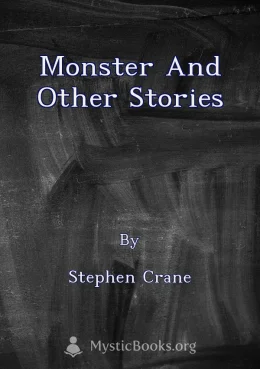
Monster and Other Stories
Stephen Crane's final collection of stories explores the fragility of human relationships and the devastating consequences of single moments. The title story, 'The Monster,' portrays a poignant tale of a doctor who risks ostracism by sheltering a hid...